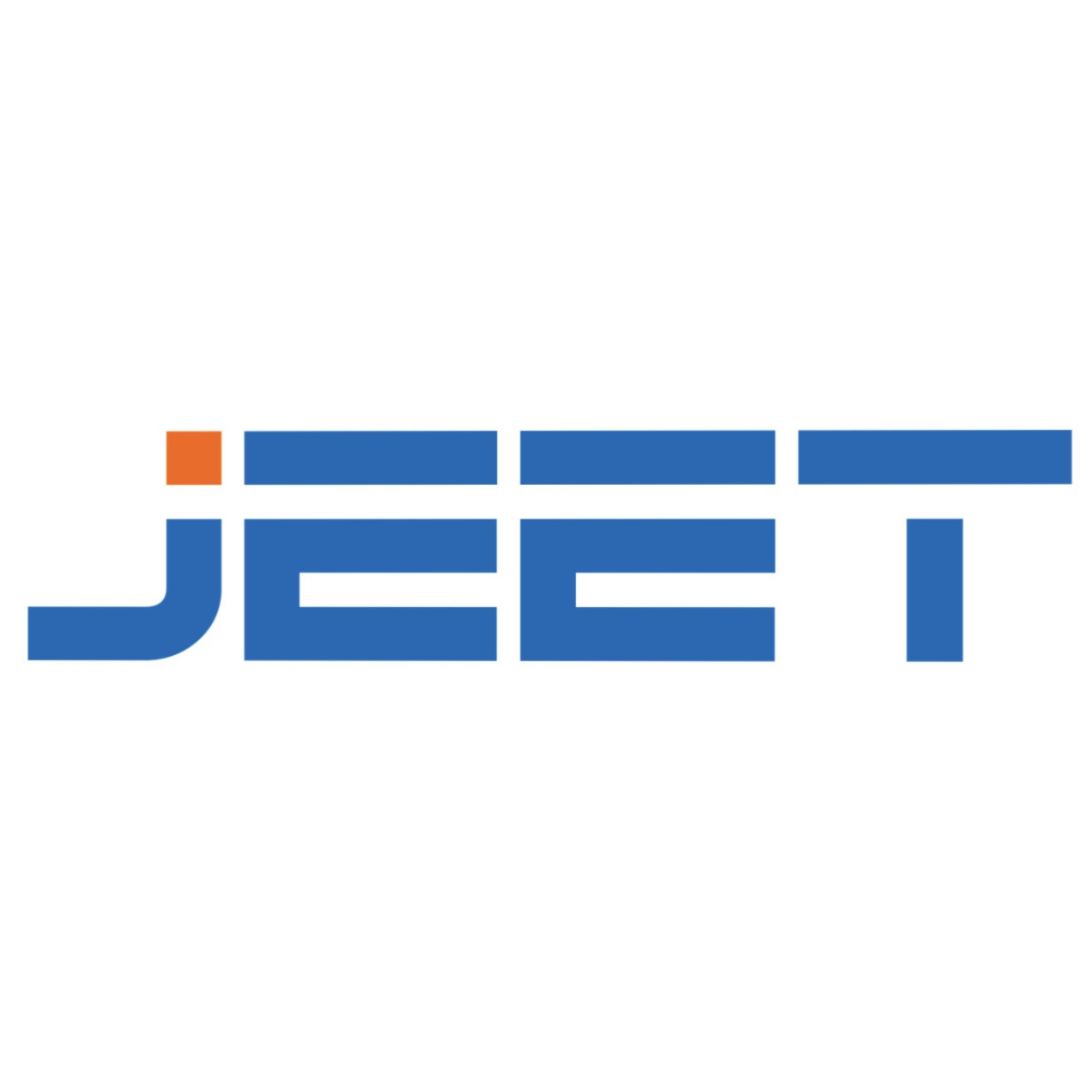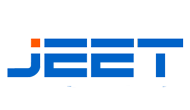Application of industrial sight glass in railway locomotive and rolling stock maintenance
As the market demand of the railway transportation industry continues to increase, the development of the railway industry is getting faster and faster. At the same time, the railway industry has also put forward higher requirements for the quality and efficiency of railway vehicle maintenance. Therefore, on the premise of ensuring the quality of railway vehicle maintenance, how to improve the efficiency of maintenance work as much as possible. This has become the focus of many railway vehicle maintenance workers. What are the applications of industrial endoscope in the field of railway locomotive maintenance?
Industrial endoscopy inspection: Industrial endoscopy inspection is a visual inspection method used to detect areas that cannot be directly observed by the human eye in special environments (such as containers, pipes, immovable equipment, and internal surfaces with small gaps) Perform quality control. CMOS imaging technology and lighting technology reflect the condition of the detected object on the display for reference by the inspector. It is widely used in the internal cavity inspection, welding defect inspection, assembly inspection, redundancy inspection, size measurement and other scopes in the industrial industry.
Application of industrial endoscopy: industrial endoscopes are widely used in the railway industry. They can be used for the development, manufacturing, maintenance and repair of railway engineering vehicles and transportation vehicles, and even the construction and repair of bridges and tunnels. use. Industrial endoscopes are mainly used in gearboxes, hollow horizontal shafts, motors, bogie side frames, pillow cushions and shock absorber springs, and air conditioning systems.
Motor inspection: The locomotive motor is installed on the bottom of the locomotive. It not only starts and stops frequently, but also vibrates greatly during operation and has a small installation space. It must also withstand wind, sand, rain, snow and dust. The working environment is very bad and it is prone to failure. The industrial endoscope can be inserted into the motor through the maintenance window or cooling hole to check the oil, carbon, bearings and wires in the motor.
Hollow shaft inspection: With the popularization and application of electrified high-speed trains, hollow shafts have been widely used. Usually, the hollow shaft is first tested on the entire shaft using ultrasonic equipment. If suspicious parts are found, such as corrosion, rust or wear, use an industrial endoscope to check. The mirror carefully examines the suspicious part. Since the industrial endoscope can magnify the damage defect to more than 35 times, it can find the smallest 0.02mm crack and use the measurement function of the industrial endoscope to measure the length, width, area and depth of the defect. on site. The staff can even use the industrial endoscope random software to complete the picture record at the inspection site, and then use the computer in the office to re-inspect, establish the inspection file, and perform a second measurement of the defect, so that the inspection work is more accurate.
Internal combustion engine carbon deposit detection: If there is carbon deposit on the exhaust valve of the diesel engine of a diesel locomotive, the effective power of the internal combustion engine will be reduced, thereby consuming fuel. Current endoscopes can be inserted into the cylinder through a spark plug to perform internal inspections of the engine.
JEET Technology has always adhered to independent innovation, introduced professional and technical personnel and advanced technical equipment, actively carried out the design and research of industrial endoscopes, and successfully developed high-end three-dimensional measurement industrial endoscopes. The products fully meet the testing needs of various industries and fields such as electric power, petrochemical, special inspection, metallurgy, construction, fire protection, scientific research, public security, and military industry at home and abroad.

